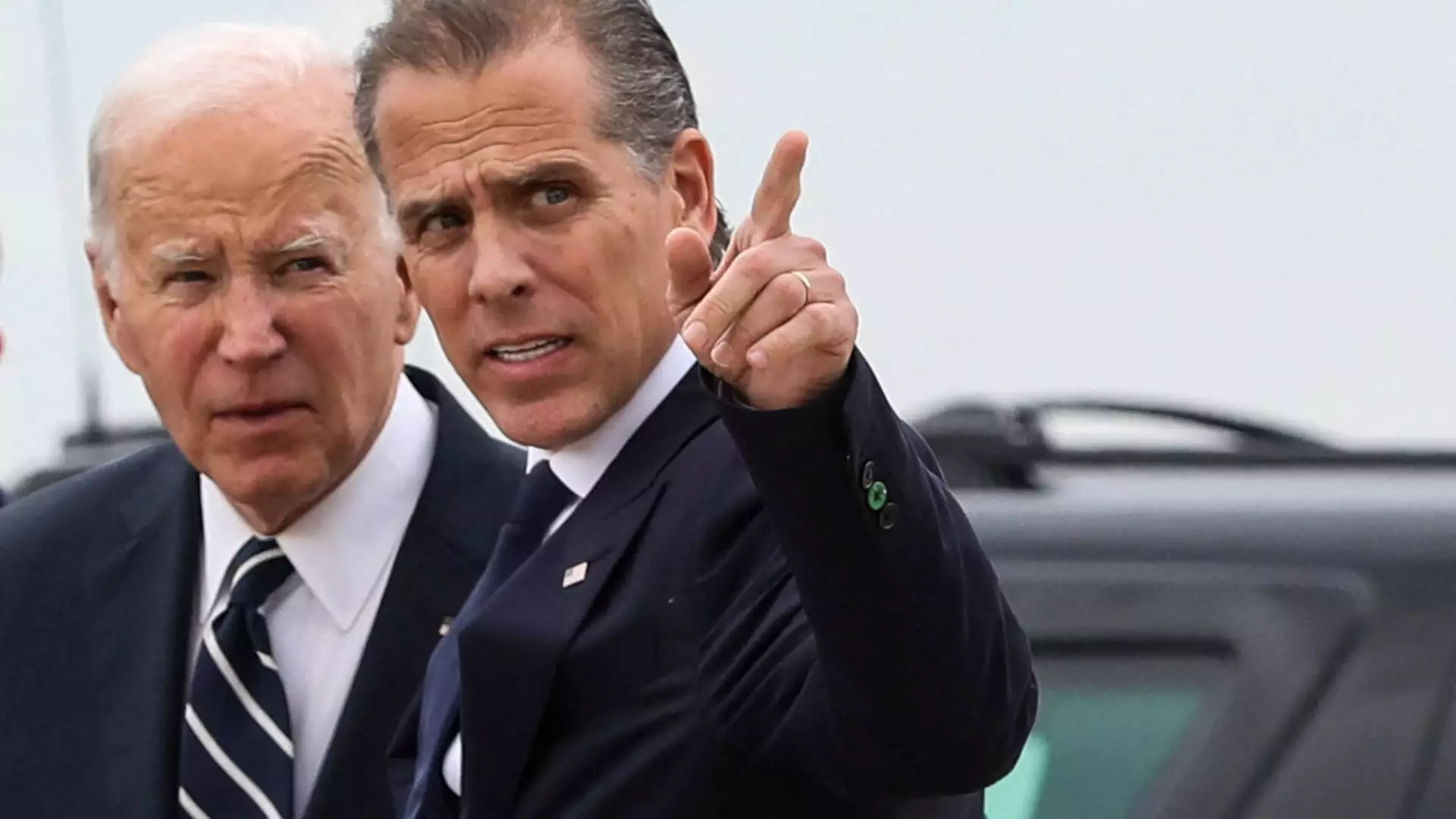In a political landscape often built on deception and carefully curated images, the recent revelations surrounding President Joe Biden’s health serve as a stark reminder of the fragility underlying leadership at the highest levels. The casual disclosure that Biden took Ambien before a critical debate Howarded the veneer of strength and competence that presidents are supposed to embody. This admission exposes the uncomfortable truth: even those at the pinnacle of political power are vulnerable, aging, and sometimes ill-prepared for the tremendous responsibilities they bear. It raises an urgent question—can a leader shrouded in personal weaknesses truly serve the interest of a nation founded on progressive ideals of transparency, accountability, and robust democratic debate?
The portrayal of Biden as a figure whose cognitive and physical health is compromised paints an unsettling picture. It underscores the dangers of allowing a political system to become so enamored with image and continuity that it neglects the fundamental need for robust, energetic leadership. The debate itself became a symbolic battleground — a moment that highlighted the chasm between appearance and reality, revealing how much of political performance is mediated through optics, medication, and manipulation rather than pure competence.
Media Silence and the Power of Distraction
The muted response from mainstream media outlets regarding Biden’s health concerns further illuminates the disconnect between public interest and political propriety. Instead of an open and honest dialogue, the narrative was largely sanitized, cloaking the president’s apparent vulnerabilities beneath euphemisms like “cold” or “exhaustion.” This pattern demonstrates the reluctance of powerful institutions to confront the inconvenient truths that threaten the established order, opting instead for distraction and omission.
By avoiding frank discussions about mental fitness, the media contributes to a dangerous culture of complacency. Society is forced to accept leadership roles that, beneath the polished surface, may be riddled with infirmities that impair decision-making, especially in a world that demands agility and clarity. Democratic integrity is compromised when the public becomes dependent on sanitized soundbites rather than substantive accountability.
The Political Ramifications of Suppressed Truths
Hunter Biden’s candid remarks have opened a Pandora’s box of political and ethical concerns. While targeted investigations by partisan actors may seek to exploit Biden’s alleged vulnerabilities for political gain, they nevertheless expose an underlying structural flaw: the tendency of political institutions to stagnate amidst the illusion of strength. The invocation of Fifth Amendment rights by key officials reveals a fear that the truth about Biden’s cognitive health might derail his legacy or threaten the stability of the political establishment.
This climate of silence and obfuscation signifies a broader crisis in American democracy—a reluctance to face uncomfortable realities in pursuit of a narrative that favors continuity over competence. If leaders are allowed to perpetuate images of health and vitality that are fundamentally untrue, then society risks placing its entire future in the hands of individuals who are ill-equipped to handle the complexities of modern governance.
A Call for Honest Leadership and Genuine Accountability
The challenge lies in demanding honesty and integrity from those who hold the reins of power. An informed citizenry must scrutinize not only policy outcomes but also the mental and physical states of those entrusted with national security and the public good. Progressive democracies thrive when transparency replaces the façade of invulnerability, and when age and frailty are acknowledged as natural parts of human life rather than taboo subjects.
The real strength of a liberal democracy is its capacity to self-correct, even if that process involves uncomfortable truths. A leadership that is willing to confront its vulnerabilities—rather than conceal them—sets a healthier precedent for accountability, resilience, and ultimately, progress. As voters, activists, and citizens, our responsibility extends to demanding the kind of openness that prevents leaders from hiding behind pharmaceuticals or political expediency. Only then can we ensure that our democratic institutions reflect the true vitality and wisdom necessary to navigate an increasingly complex world.


Leave a Reply